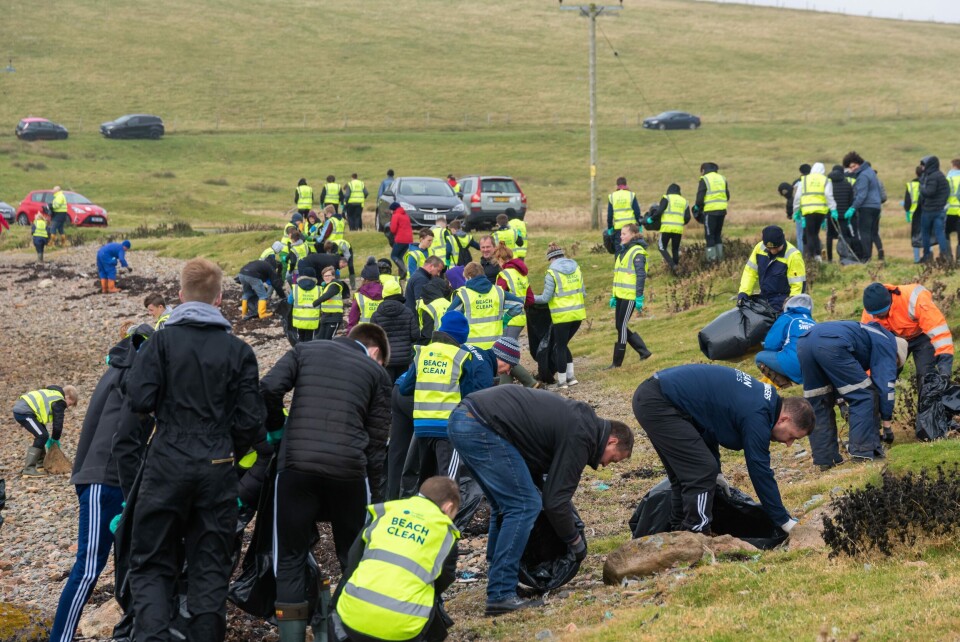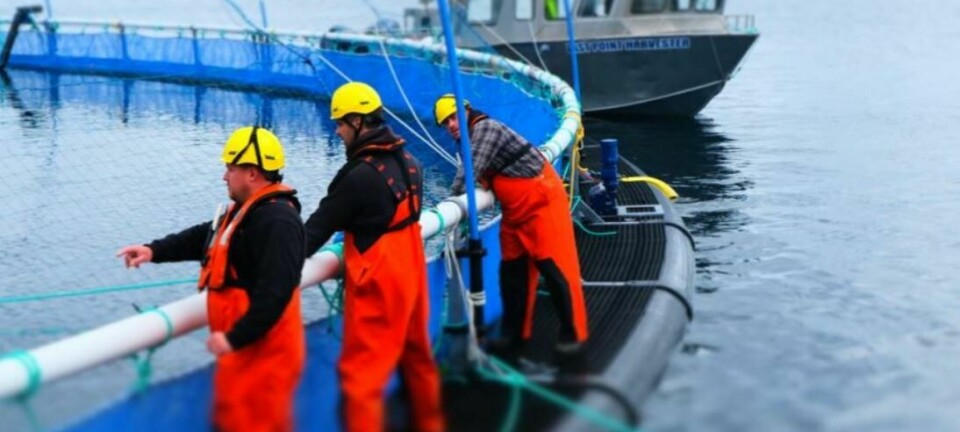
Minister ‘astonished’ by marine litter problem
More needs to be done to tackle marine litter around Scotland’s coastline, said a Scottish government minister after an ‘eye-opening’ visit to the north-west last week.
Caithness, Sutherland and Ross MSP Maree Todd met representatives from the Durness based NGO Plastic@Bay, which tackles marine plastic pollution.
The organisation said the north-west coast of Scotland is one of the most polluted in Europe, claiming that the majority of plastic collected is associated with the marine industry, such as fishing, aquaculture and shipping.
Todd, the minister for public health, visited Scouriemore in Sutherland. She said: ‘Clearly, more needs to be done to tackle marine litter. During my visit, I was astonished to see the accumulation of rope, pipes, nets and more blown right up the hills, making its way into the soil.
Strategy
‘I’m hopeful that the Scottish government’s updated Litter Strategy, which is due to be published shortly, will go a long way to address these issues.’
The Updated Marine Litter Strategy, led by Marine Scotland, is aimed at preventing litter from entering the marine environment, and the National Litter and Flytipping Strategy will encourage litter reduction and behaviour change.
The government’s vision is to see the issue of marine and coastal litter acknowledged by all sectors.
Scotland’s salmon farmers recently launched a dedicated email address for the public to use to let them know about marine litter on beaches – regardless of the litter’s source.
Salmon industry body Salmon Scotland is encouraging people to report waste so that salmon farmers close to the location can help remove it.
Location
Reports can be sent to reportdebris@salmonscotland.co.uk and should ideally contain a what3words exact location and photo.
The information will be collated centrally and reported to local teams for recovery, even though in most cases marine debris does not come from salmon farms, but rather from towns and cities, other countries, and sometimes other continents, brought to Scotland by prevailing winds and tides.
The reporting tool extends efforts already being made by salmon farmers who carry out regular beach clean-ups and other initiatives.
Last year, Mowi carried out 79 beach cleans around the areas where it farms, while Scottish Sea Farms made its annual participation in the Marine Conservation Society’s Great British Beach Clean a company-wide effort.





















































